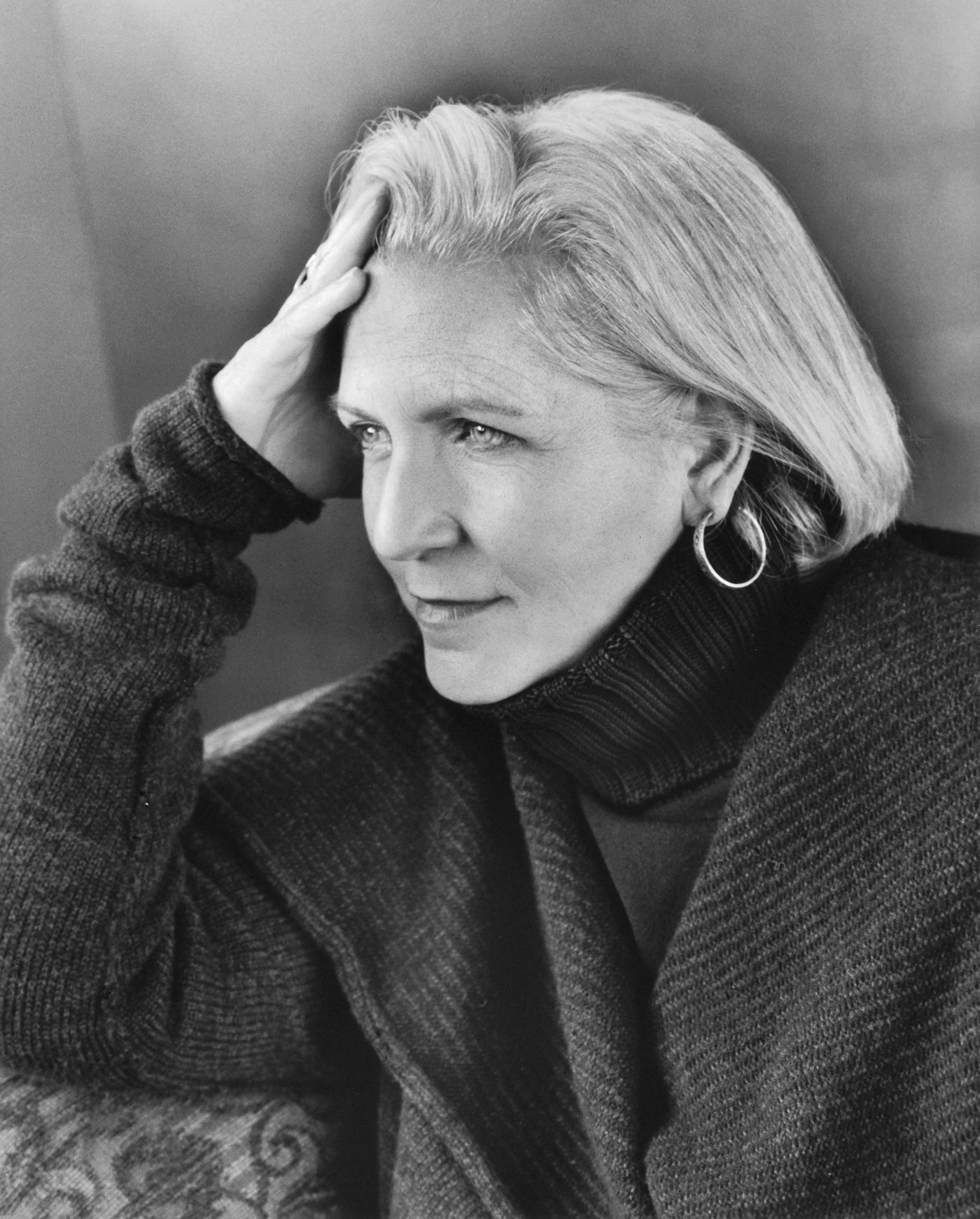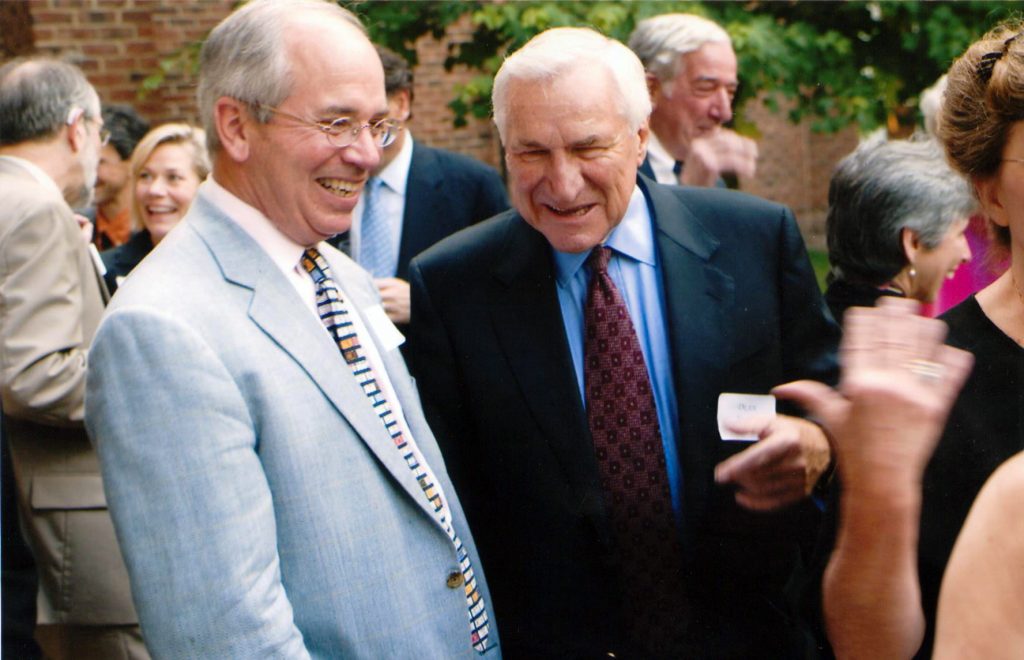
Author Terry Tempest Williams believes national parks are under siege, and on March 24 – in front of a crowd that included UNC-Chapel Hill Chancellor Carol L. Folt — she urged people to become informed about what’s happening.
“Pick a park and fight for it,” said Williams, an environmentalist, naturalist and activist who is the 2015 Distinguished Writer-in-Residence in the College of Arts and Sciences at the University of North Carolina at Chapel Hill. “I’m 59 years old, I’ve been raised around the parks, but they are now absolute islands that are being whittled away by development.
“Volunteer, find out what the issues are and decide how you feel about it. Engage literally in the open space of democracy.”
Folt, who introduced Williams at the event, first met the author in 2003 when Williams spoke at Dartmouth College.
“I heard her say some memorable words that night,” Folt said. “‘Each of us can find our own path of passion, how we can be of use — to serve community in the name of a reverence for life.’ That is such a powerful feeling, and I felt very close to it at that moment. That’s also the way I feel about our community in Chapel Hill.”
While at Dartmouth, Folt assigned her class of first-year students to read Williams’ book “Refuge: An Unnatural History of Family and Place.”
“It was particularly meaningful because it managed, in a single book, to take things that mattered to me … my love of science, and in particular water and nature, woven together with a story of family and breast cancer,” Folt said. “It talked about all the aspects of the human condition in that book.”
During the talk at the Genome Sciences Building, Williams discussed her upcoming book, which focuses on 10 national parks, from Grand Teton to Gettysburg to Gates of the Arctic.
She called it her most challenging book yet.
“Displaced people, lands taken, complexity. How do we write out of complexity?” she asked. “The truth is: I love these lands. I’ve spent most of my life walking in them, living in them, defending them. This book has in fact become the most personal for me. It’s about my love for these American lands.”
On March 23, Williams and other Carolina faculty panelists discussed “Nor Any Drop to Drink” at an event highlighting UNC-Chapel Hill’s academic water theme.
A westerner by birth, Williams grew up in Utah near the Great Salt Lake — a site that has become central to her writing.
“The largest mass of inland water west of the Mississippi is now shrinking,” she said. “Islands have become peninsulas, the salinity is rising and endangering biodiversity. Wildlife habitats and clean air are at stake. It’s a landscape I hardly recognize.”
Williams visited the Rio Grande and Big Bend National Park while researching for her book. She said people are now calling the Rio Grande “the Rio sand.” Still, she stressed, we don’t need to focus on what’s happening individually in these endangered waters but rather “what this means collectively.”
“I have so much respect for what’s going on at UNC-Chapel Hill, where you are not averting your gaze from these hard issues,” she said.
Williams will participate in a panel discussion March 25 at 3:30 p.m. in Greenlaw Hall’s Donovan Lounge on “Memoir and the Natural World.”
The author’s visit is sponsored by the Hanes and Hibbits families, the Office of the Chancellor and the department of English and comparative literature.
By Kim Weaver Spurr




